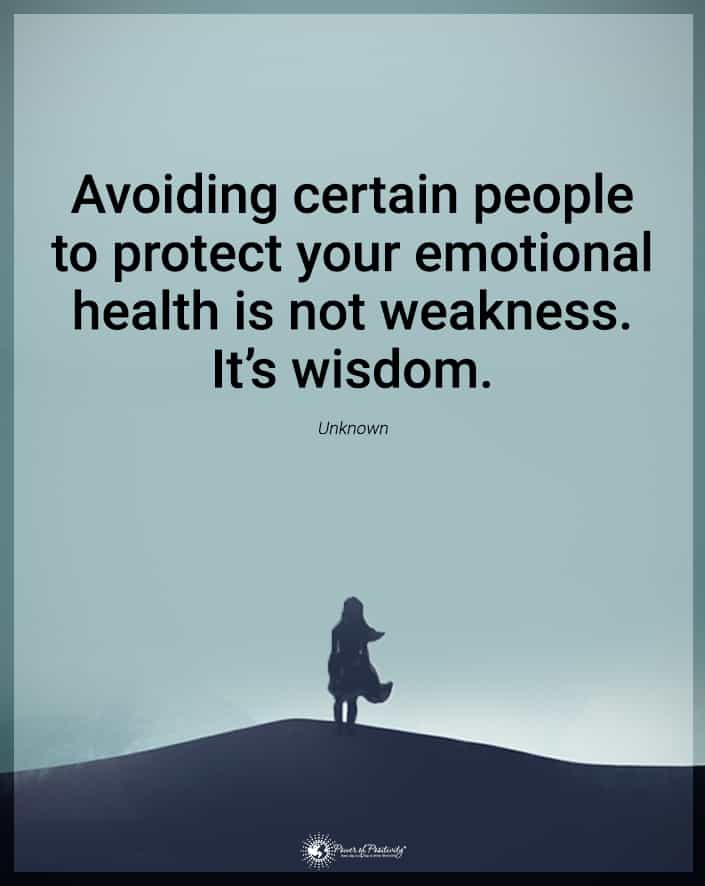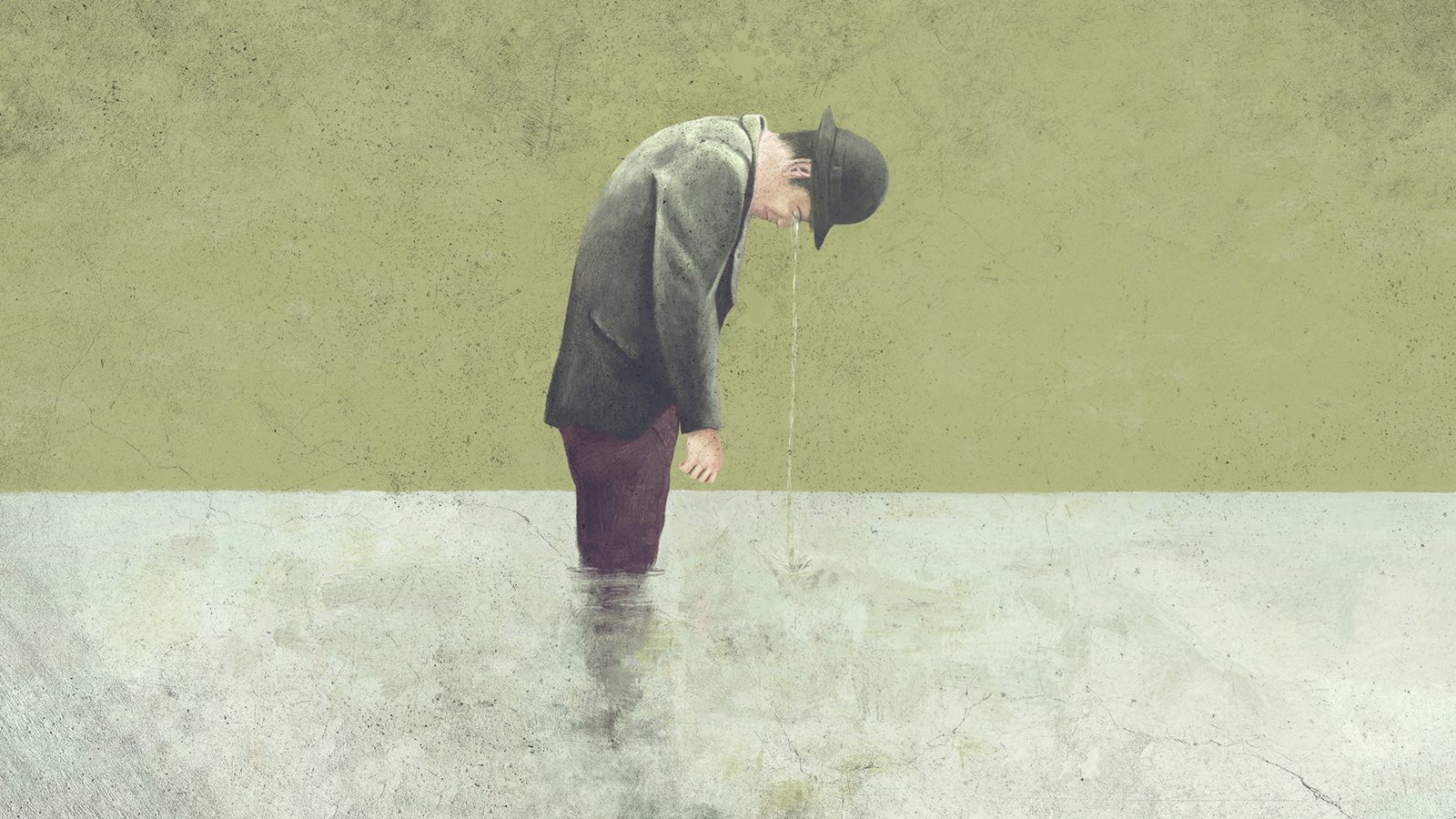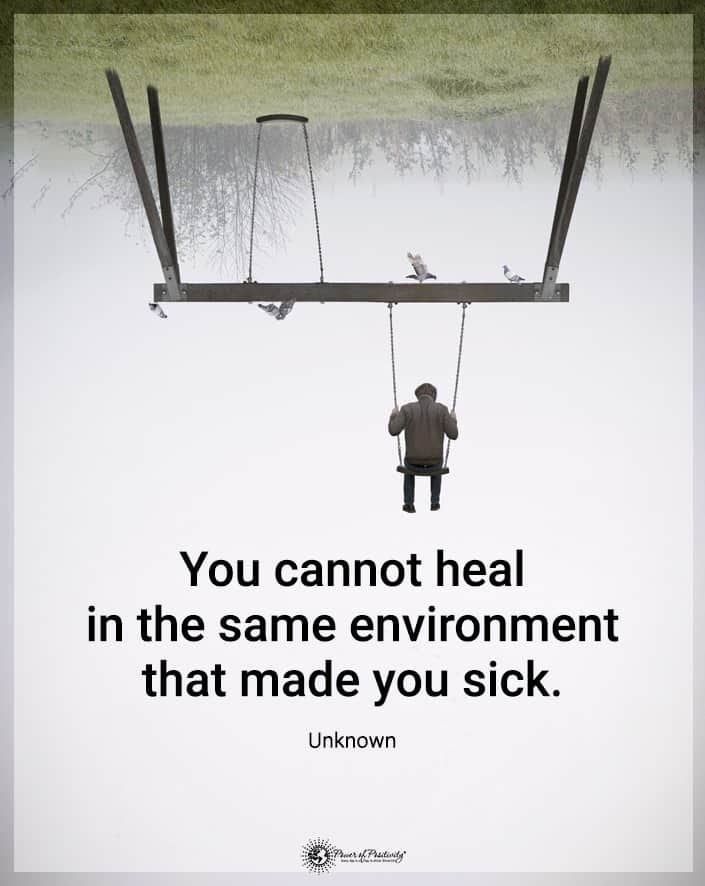Everyone knows you can get physical injuries from falling or physically hurting yourself. Some physical injuries aren’t a big deal, just minor bruises, and scratches that will heal in a few days. But you can also get an emotional injury due to a traumatic event. And these are the injuries that are less visible and less known. When you get a visible wound, you will never leave it untreated.
You’d go to a doctor or tend to it yourself if you can. So why do people brush off emotional wounds like they don’t even matter? Part of why this happens is that people aren’t aware that emotions leave marks. They don’t know that some trauma is so bad that it scars you for life. But even those who know about emotional injuries don’t always know how to heal them.
It can be challenging to deal with such a heavy burden, but there are ways to do it. You can heal such wounds alone or with the help of friends, family, and even professionals. You must also understand why emotional injuries even form before trying to heal them.
3 Causes of Emotional Injury
These factors will give you insight into the causes of a guarded heart.
1. Unresolved Past Trauma
One of the most common causes of emotional injuries is unresolved past trauma, which everyone has. No matter how great your childhood was, you are bound to have been scarred somehow. Maybe your parents didn’t give you enough attention. Perhaps people put too much pressure on you. Many factors could have affected you without you even realizing it.
The most common events that cause trauma are cases of abuse, violence, bullying, or neglect. Of course, some things can traumatize you more than others. Repeated abuse will leave a mark that will probably never go away. But even witnessing violence, like having parents who hit each other, will traumatize you. And these issues will stick with you forever.
As luck would have it, traumatized kids grow up to be traumatized adults. Sure, most of these adults can be functioning members of society. But that doesn’t mean the trauma is not still affecting them on a fundamental level. Most of the time, this trauma lives deep inside, and you don’t even realize it’s there.
People with unresolved trauma often relieve traumatic episodes through flashbacks or nightmares. Even the people who don’t shed their past still have to deal with anxiety, depression, anger, trust issues, and withdrawal. Sometimes, these issues even escalate into self-destructive or risky behaviors.
2. Bad Relationships
Being around other people can complete us. Still, there are some people in this world with whom we can connect so well that our lives completely change. But when it comes to interpersonal relationships, not everything goes smoothly. Some relationships can scar you so much that you wish you would have never had them. And those are the relationships that cause emotional injuries.
The fact that you can get hurt in relationships is actually for both platonic and romantic relationships. Friends can betray you just as well as a partner or family member. Still, trauma can come from a toxic romantic or family relationship. And every person has had at least one toxic relationship in their life. Maybe your parents used guilt or force when things don’t go their way.
Perhaps you grew up in a violent and toxic environment. Maybe you had an abusive partner. After all, haven’t we all had at least one relationship? And there are many toxic behaviors that you can’t even spot at first. Some controlling behaviors, like co-dependency, seem normal at first.
It’s usually not until late that people realize they are stuck in a bad situation. Being out through situations like those or being betrayed by friends and family will undoubtedly leave some marks.
3. Accidents, Violence, and Other Overlooked Causes
Most people don’t think that even accidents and events that society defines as unfortunate but usual are still causes of trauma. Almost any event that scares you or significantly changes your life will leave a mark. Amongst these causes, things like robberies, being caught in a shooting, or other acts of violence are the ones that people understand will leave a mark.
Even in those cases, people think that if you only witnessed such an event, you should not feel the brunt of the trauma. But witnesses often have to deal with PTSD and other signs of emotional distress. Still, many other events leave emotional marks that people often overlook. For example, car accidents are prevalent, and a small one shouldn’t theoretically cause any harm. But even the slightest mishap can make someone refuse to step into a car again.
Sports accidents are just as expected and can be just as damaging. Besides the physical pain, these injuries render players unable to do what they love. Things like that are bound to leave people traumatized. Other things that some underestimate are divorce and the loss of a loved one. People think everything will go back to normal after you go through the grieving period. But those things leave marks that might never go away.

3 Methods of Healing
Now that you understand the root of the problem, where does healing start?
1. Use Mindfulness
Mindfulness is a relatively new field. But many advances have been made in this area over the past few decades. Still, the roots of mindfulness date back hundreds of years ago. Eastern civilizations relied on meditation for as long as anyone can remember. Only now has it started to seep into mainstream psychology. And it has been proven to be a relatively easy tool to use with many advantages.
For some people, mindfulness has been the key to overcoming their trauma. While no one can guarantee that it will solve all your issues. But it’s a good place to start. And, incorporating just a little bit of mindfulness into your daily life can make you feel loads better.
The basics of mindfulness are simple: you must listen to what your mind and body are telling you. In our daily life, we don’t always stop and take the time to be fully aware of what we feel and think. If we feel pain, we’ll potentially brush it off until it goes away. But that’s neither healthy nor will it help you heal from an emotional injury.
When being mindful, you are just taking the time to take account of your feelings. This is usually done through meditation or breathing exercises. This is helpful because it lets you feel all the emotions caused by the trauma. When you understand how you feel, you can start working on solving the problems.
2. Connect With People
People can have emotional injuries from many causes. But, if we were to boil them down, we would find that disempowerment and disconnection from others are the roots. Research shows that every different trauma can be traced to one of these two feelings. And the same study states that creating new connections is one of the most efficient ways to heal.
What’s especially important is finding people who can listen to you and act as your support system. People dealing with trauma usually struggle with trust issues, and they might want to isolate themselves. If you are in this situation, you must remember that you don’t need to go out and party all the time. All you need to do is make an effort to meet new people and communicate.
You also don’t need to give new people your trust from the beginning. People need to earn it; you need to be willing to give it. You’ll find that when someone’s there to listen to you and be supportive, you’ll be able to heal—having people around you to take care of you when things are tough means that you can take the time to focus on yourself.
3. Write About Your Feelings
Writing is a big part of healing from any emotional injury. It has been demonstrated throughout history that people write when they have something on their chest. After all, that’s where all great art came from. People have always used writing as an outlet, and its psychological benefits have been proven.
Research from Harvard shows that expressive writing can get you through hard times. You don’t need to be talented to write about what you feel. Even something like writing your thoughts in a journal will work. The whole point is to have an outlet for your feelings, regardless of their forms. If you want to write poetry or a novel, do that. Writing about your negative experiences can be freeing.
It can make you feel like your pain doesn’t own you anymore. It’s even been suggested that writing about trauma changes the way it’s organized in the brain. This can allow you to disconnect from the pain and deal with it properly.

Final Thoughts on Some Causes of Emotional Injury and Some Methods of Healing
Emotional injuries are something that everyone has. Even though you might not realize it, they’re still there and probably affecting your life. Everyone has lived through some traumatic event that they haven’t addressed. Most of the time, this happens because people always have to deal with repressed childhood trauma.
Being abused, bullied, or living in a violent environment will leave a lasting mark. But even relationship trauma and other overlooked issues, like accidents and divorce, will impact you. Fortunately, there are steps you can take to heal these emotional injuries. One of the most effective things you can do is incorporate mindfulness into your life. Use meditation or breathing exercises to get in touch with your feelings.
Writing can also help you put your thoughts in order and release some of the pressure of the trauma. You also need to ensure you don’t go through this alone. Make an effort to create new connections and find people that can be your support system.



















